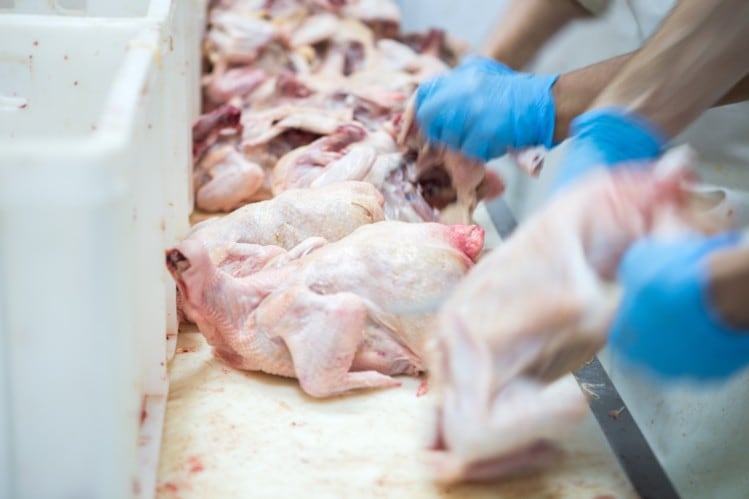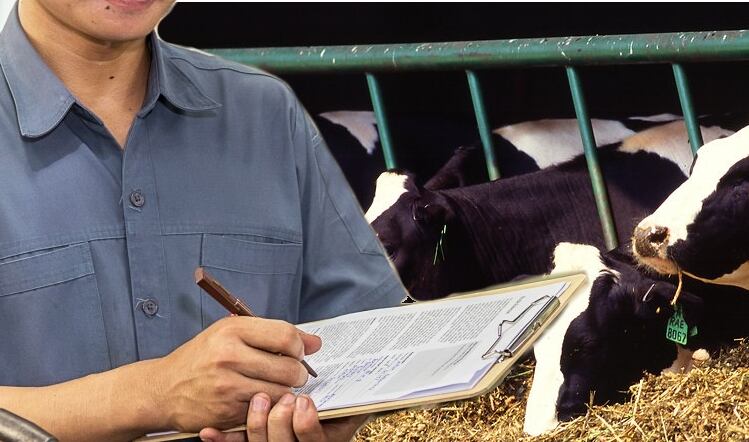Commenting in its latest newsletter, John Golton-Davis, director of the consultancy, stated: “The Food Solutions Publishing principals have reluctantly decided to cease pursuing one of its two aims. Namely, providing a voice for small food businesses in the UK and Europe.” However, he said the group would still strive to help UK food businesses comply with food regulations simply and cost-effectively.
Food Solutions Publishing was formed as a voluntary group in 2006. Golton-Davis said for the past 13 years it had made a significant difference for smaller food enterprises, not only in the UK but also in mainland Europe, by putting their needs to the law-makers in Brussels.
Imminent legal changes
Not only did it flag up imminent legal changes, it also raised any objections small businesses had to proposals, in some cases ensuring the final shape of legislation accommodated their needs.
“As the only UK member of the UEAPME [the European Association of Craft, Small and Medium-Sized Enterprises] Food Forum, which was the only SME [small to medium enterprise] voice recognised by the Commission, we have been instrumental in amending food regulations to benefit small food businesses,” Golton-Davis said.
As a result, more than 75% of micro and small food enterprises in the UK not represented on food law issues by a trade body would have no voice, making them vulnerable post-Brexit, with all food law coming from the UK without a common voice, he claimed.
SME representation
UEAPME represents 24 million small to medium-sized enterprises (SMEs) throughout Europe. Since June 2016, Food Solutions had tried to build a similar organisation in the UK, said Golton-Davis.
“We approached a Parliamentary group, a wide range of smaller food business groups and individual businesses to support us. Unfortunately we have failed to attract sufficient practical or financial support.”
Food Solutions claimed it had helped ensure SMEs could opt out of some of the expensive control systems required of larger firms by EU rules. Its SME surveys also helped modify officials’ plans that would have damaged the sector, it said.




